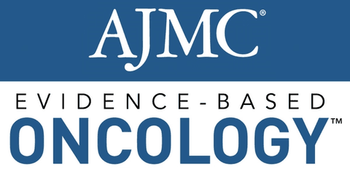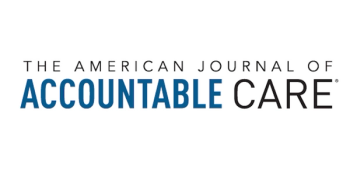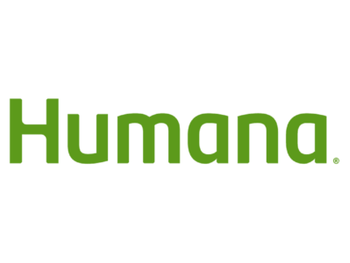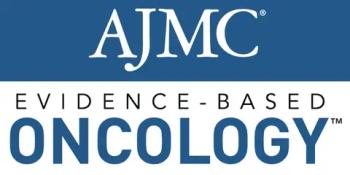
During the CMS Health Equity Conference, health care leaders shared groundbreaking strategies to integrate health equity into value-based care models, aiming to enhance patient outcomes and reduce costs.


During the CMS Health Equity Conference, health care leaders shared groundbreaking strategies to integrate health equity into value-based care models, aiming to enhance patient outcomes and reduce costs.

The Medicare trust fund is now expected to deplete in 2036, with the Inflation Reduction Act being credited for at least some of the extension.

Researchers also estimated that more than 700,000 Americans with diabetes could lose insurance coverage if these proposed retractions are put into place, with some new policies already in effect.

Accounting for 32% of all Medicare enrollees in 2019, high-need beneficiaries were more likely to be in traditional Medicare than Medicare Advantage.

Julie Patterson, PharmD, PhD, senior director of research at the National Pharmaceutical Council, discussed potential impact of the Inflation Reduction Act of 2022 (IRA) on small molecule drug research and development investments toward subsequent indications.


Based on a comparison of prices for drugs up for Medicare price negotiations, there is a long way to go to reach the prices of 7 comparable countries.

Fresenius Vascular Care's own research reportedly showed these surgeries not only failed to benefit patients with end-stage renal disease, but also potentially damaged their ability to receive essential dialysis treatment.

Increases in Medicare Advantage market share over the past 10 years are largely caused by an increased preference for managed care among Medicare beneficiaries.

Under preferred pharmacy networks, unsubsidized Part D beneficiaries faced substantial incentives and moderately switched toward preferred pharmacies, whereas subsidized beneficiaries were insulated and demonstrated little switching.

A health system transformational leadership framework and management system made visible and eliminated defects in value and was associated with reduced annual Medicare expenditures and increased quality between 2017 and 2020.

Health plans use data to decide on quality improvement initiatives. Having a dashboard that characterizes how equitably plans are serving their enrollees would promote health equity.

Over the next 18 to 24 months, Humana is exiting the commercial health plan business to focus on government-funded programs, like Medicare Advantage, and specialty businesses.

Coverage from the Institute for Value-Based Medicine® session with Astera Cancer Care in Edison, New Jersey, held November 3, 2022.

Daniel E. Weiner, MD, MS, board certified nephrologist and lead navigator at Tufts Clinical and Translational Science Institute, spoke on the limitations and future potential of value-based payment systems for chronic kidney disease (CKD), including the End-Stage Renal Disease (ESRD) Treatment Choices (ETC) Model and the Kidney Care Choices (KCC) Models.

Improved outcomes associated with fidaxomicin compared with vancomycin suggest benefits from its greater use in Medicare patients, although uptake remains low despite its recommended use.

A panel discussion at the 70th Annual Roy A. Bowers Pharmaceutical Conference addressed recent care delivery initiatives in New Jersey that aim to address health inequities and other population health concerns.



Medication risk scores analyze an individual’s medication regimen to look for the potential for simultaneous, multi-drug interactions, which can cause adverse drug events and other medication-related harms.

Medication adherence is not the only area to focus on for older adults who have Medicare coverage. Optimizing treatment and medication access are also important.

This study attempts to identify the sources of the significant 2.5-fold variation found in home health expenditures, a possible indicator of inefficiency and waste.

Four large Medicare Advantage insurers manage access to expensive physician-administered drugs with a combination of prior authorization, step therapy, and Part D formulary design.

Social determinants of health present many health-related challenges for Medicare Advantage (MA) plan members, something these plans are looking to overcome by diversifying their service offerings.

Simplified treatments and patient-specific and systemic interventions can reduce nonadherence in patients.

259 Prospect Plains Rd, Bldg H
Cranbury, NJ 08512
© 2025 MJH Life Sciences®
All rights reserved.
